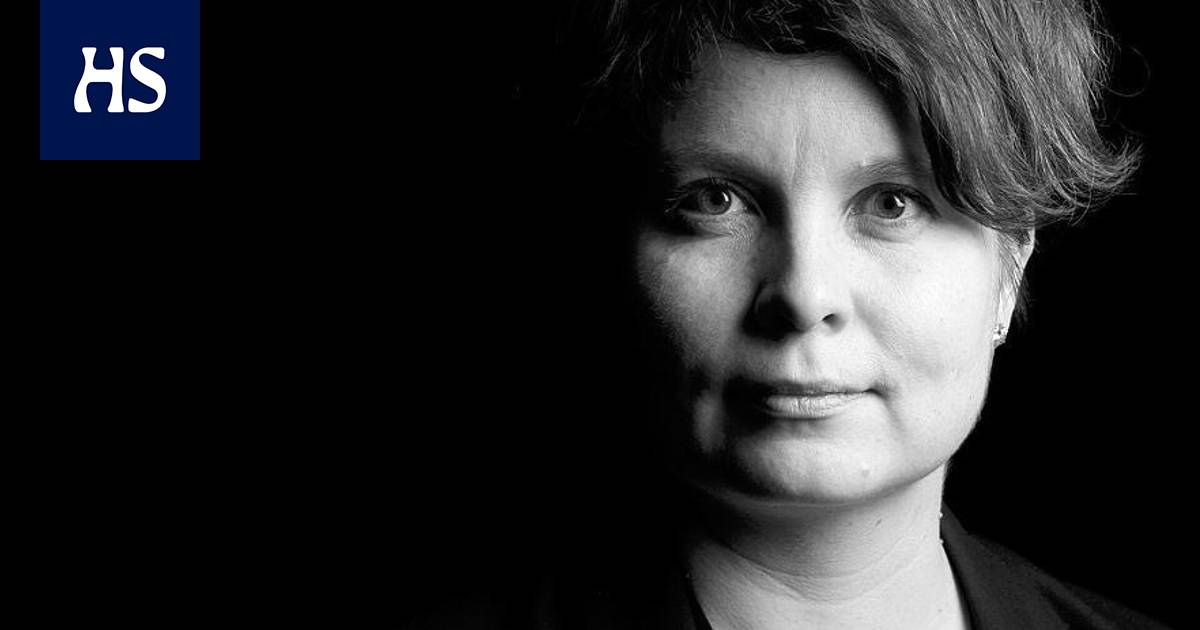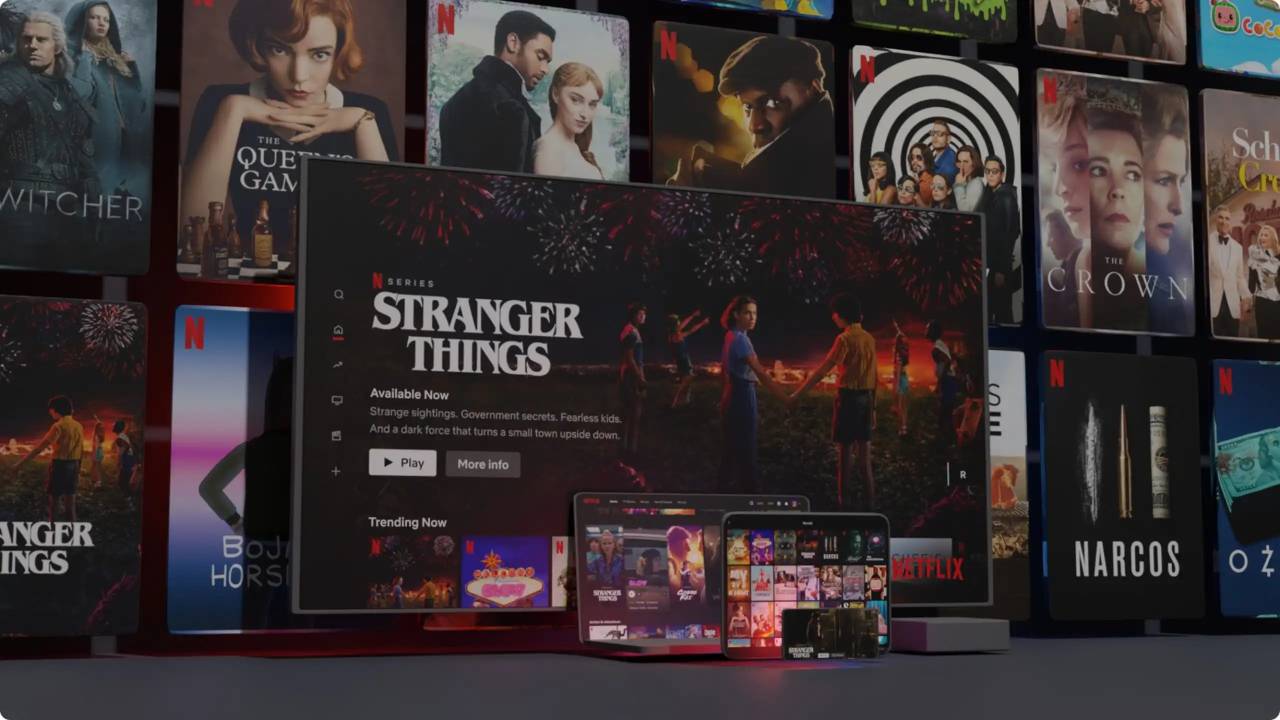NATO’s nuclear deterrent is facing a new challenge due to both Russia’s taunting and the growth of China’s military power. In Finland, we are now learning what NATO’s nuclear deterrent means for Finland.
Nuclear threat flows into everyday life with a force that made the authorities already forget the basics of communication. From the beginning of the week, Finns rushed to pharmacies to stock up on medical iodine. The mix-up and misjudgments of the Ministry of Social Affairs and Health in communicating the new guidelines on medical iodine are a picture of the times.
Fears related to the nuclear threat are existential, and especially the talk related to the threat of a nuclear standoff is a deliberate policy of ambiguity. Now, however, it is necessary to be able to clarify the nuclear threat.
The Ministry of Social Affairs and Health is not alone in facing the new. A lot of politicians, civil servants, soldiers and scientists have to learn the basics of nuclear weapons policy. When Finland joins NATO, it is also necessary to understand what NATO’s nuclear deterrence is all about. You also have to be able to explain it to Finns.
To NATO accession is a fundamental change in Finland’s foreign and security policy. The change has many different levels, one of which is NATO’s nuclear deterrent. NATO’s strength and deterrence is based on nuclear weapons, and Finland quickly wanted the protection of NATO’s nuclear weapons umbrella.
Finland is not alone when trying to understand what it means to threaten Russian President Vladimir Putin with a nuclear weapon. When you sum up the experts’ educated guesses about the nuclear threat, the risk of Russia using a tactical nuclear weapon in Ukraine appears to be small but increased. US President Joe Biden felt it necessary to publicly remind Russia of the consequences of a nuclear attack. Breaking the silence was new.
Acute besides the nuclear threat, there is another big entity. In Finland, we are learning what NATO’s nuclear deterrence means for Finland.
Finland’s leadership’s relationship with NATO membership is wise because it joins NATO without preconditions. President Sauli Niinistö regularly repeats that Finland has no special requirements or reservations that we would set as a condition for NATO membership. The reservations could have applied to nuclear weapons.
“
Disarmament cannot be forgotten either.
NATO’s nuclear deterrent has lived through time, and due to Putin’s deception, it is facing a new one. Finland enters the nuclear deterrence discussion from behind, but everyone has things to tighten up.
NATO countries have to assess whether there is a need to increase deterrence, and if so, what the consequences will be.
There has been no common understanding about nuclear weapons in NATO. However, Russia’s attack on eastern Ukraine and the occupation of Crimea in 2014 sharpened thinking about defense and deterrence in general.
NATO nuclear deterrence does not mean that nuclear weapons will be placed in Finland, but over time Finland will have its own role in NATO’s nuclear deterrence. Of course, responding to a nuclear threat is also practiced.
There is a fundamental debate in NATO about whether we are on the right track in strengthening defense and deterrence. It is not just about the nuclear threat, but about new dimensions of war. In this discussion as well, the United States is the most important member of NATO.
In the world of the Great War, China and Russia might work together. The evolution of China’s cyber and space warfare strategy also affects US nuclear weapons policy. If the focus of the United States in Europe and Asia changes, the assessment of European defense and deterrence will also change.
You can’t forget disarmament either, even though someone may have already buried it. The New Start nuclear arms treaty, which is central to Europe’s security, expires in February 2026. What will happen after that?
The questions are huge, but they cannot be solved alone. Finland has a reputation as a country that understands Russia’s military strategy. There is a lot of demand for this understanding in NATO.
The author is the editor-in-chief of HS.
#Column #Finland #enters #discussion #NATOs #nuclear #deterrent #small #distance









